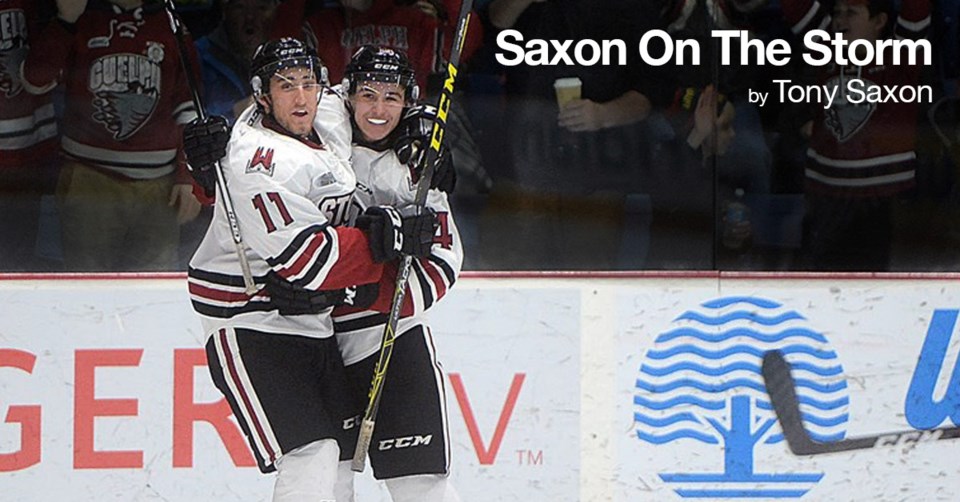Things just got real for the Canadian Hockey League.
The people that run and own junior hockey in Canada felt a chill blowing in from out West earlier this week when a judge in Alberta ruled that the CHL and 42 of its teams in the Ontario Hockey League and Western Hockey League must release tax returns and other financial statements as part of an ongoing lawsuit filed by former junior players.
The big picture of the lawsuit, which did not name the Quebec Major Junior Hockey League, is that junior hockey players are employees and should be paid and treated as such.
The lawsuit claims the CHL makes millions of dollars on the backs of the players. The CHL says it doesn't. Now, an the Alberta judge is ordering them to prove it.
The CHL, through an official statement from commissioner Dave Branch, maintained its stance that players are amateur athletes, not employees.
Those behind the lawsuit say the numbers dictate otherwise.
It's a similar situation to south of the border, where many argue that NCAA athletes should be entitled to some form of compensation given how much money they generate for their schools.
The CHL clearly has some teams that make a lot of money. Affluent communities, good arena deals, great fan support and long runs through the playoffs can help a team be successful on the books.
How successful is really a guess, unless the Alberta judge's ruling isn't overturned on some form of appeal and those books become part of the public record.
As the London Free Press's venerable Morris Dalla Costa pointed out in his recent column, the only really reliable source of information comes courtesy of the Kitchener Rangers, a team owned by the community whose finances are released at a public meeting annually.
While every team's costs are different, and every rink deal is different, the Rangers' numbers are at least a starting point for relevant conversation.
The Rangers play in a rink that holds around 7,500. Last season their profit was $163,000, although that came after paying towards arena improvements and $370,000 donated to the community, mostly to minor hockey.
An interesting note is how financially lucrative the playoffs can be: The Rangers cleared $320,000 from five home playoff games last season. It makes one wonder how much the Guelph Storm made in 2014 when they played 12 home playoff games en route to the Memorial Cup.
The question isn't really whether some junior teams make money, of course they do. The question is how much they profit after all things are considered, including debt and scholarship disbursements.
Some junior teams could sustain having to pay players. It might mean raising ticket prices and it might mean cutting costs by no longer billeting players and providing education packages.
But the real fear is that many junior teams could not withstand the cost of having to pay players and pay for the other costs that would entail.
Would a court recognize the overall health of junior hockey as a relevant factor or would they look solely at junior hockey like any other business, where the strong survive and the weak hold going out of business sales?
After last week's ruling by the Alberta judge, we may find out.
